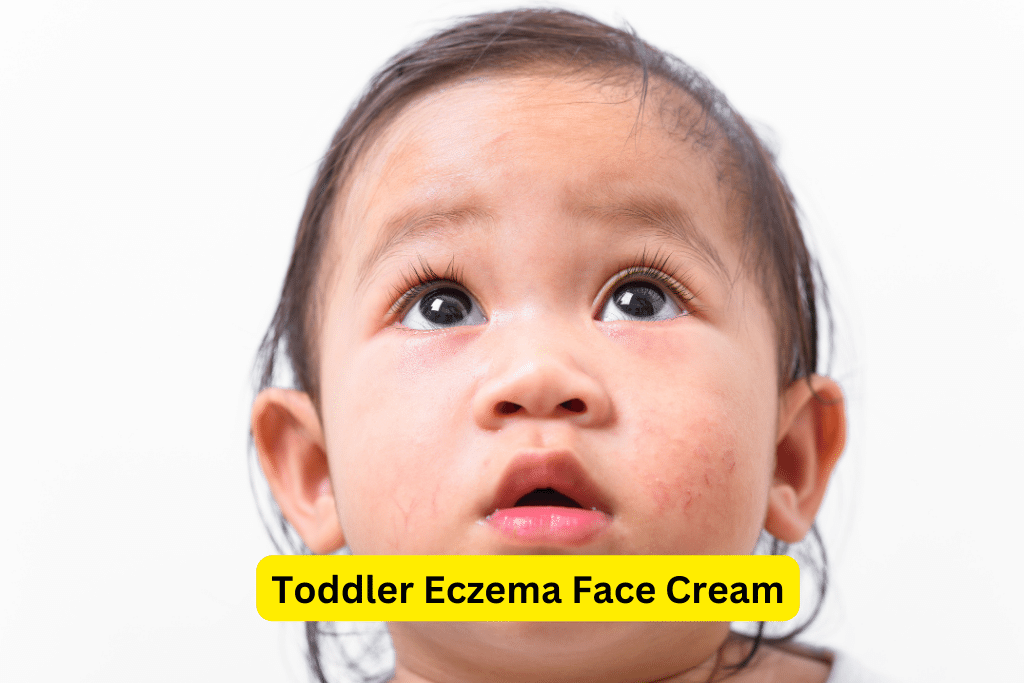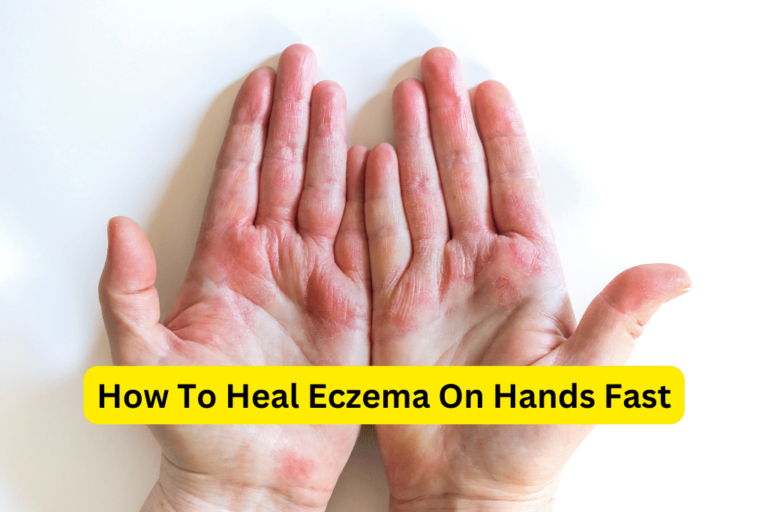Best Toddler Eczema Face Cream: Soothe and Nourish Young Skin
Toddler Eczema Face Cream
Toddler eczema is a common skin condition that affects many young children. The symptoms include dry, itchy and irritated skin on the face. It’s important to choose the right face cream to provide relief and nourishment to the delicate skin of toddlers. This comprehensive guide aims to help parents understand the different types of toddler eczema face creams available and make an informed decision when choosing the best product for their child.
Understanding Toddler Eczema
Toddler eczema, also known as atopic dermatitis, is a chronic inflammatory skin condition that commonly appears during infancy and early childhood. It is characterized by redness, dryness, and intense itching of the skin. Some toddlers may also develop small, raised bumps or fluid-filled blisters. The exact cause of eczema is unknown, but it is believed to be a combination of genetic and environmental factors. Common triggers include dry weather, irritants, allergies, and stress.
Eczema can have a significant impact on a toddler’s facial skin. The face is particularly prone to eczema flare-ups due to its high exposure to environmental factors. The delicate skin on the face can become even more sensitive and vulnerable to irritation, leading to discomfort and a worsening of the symptoms.
Types of Toddler Eczema Face Creams
Moisturizing Creams
Moisturizing creams are essential for managing toddler eczema. They help to hydrate and restore the skin’s natural moisture barrier, reducing dryness and itchiness. Look for creams that contain ingredients like ceramides, hyaluronic acid, and shea butter, as they are known for their moisturizing properties. Some recommended brands and products for toddler eczema include Cetaphil, Aveeno Baby Eczema Therapy, and Eucerin Baby Eczema Relief.
Steroid Creams
Steroid creams are commonly prescribed by doctors to manage severe eczema flare-ups. They work by reducing inflammation and suppressing the immune system. However, it’s important to use them under the guidance of a healthcare professional and follow the recommended usage instructions. Long-term use of steroid creams can have side effects, so it’s essential to monitor their usage closely. Popular brands of steroid creams for toddler eczema include Hydrocortisone, Triamcinolone, and Betamethasone.
Natural and Organic Creams
Natural and organic creams can be a gentle and effective option for toddlers with eczema. These creams are free from harsh chemicals and artificial fragrances that can further irritate sensitive skin. Look for creams that contain natural ingredients like aloe vera, chamomile, and calendula, known for their soothing and anti-inflammatory properties. Some popular natural and organic brands for toddler eczema include Earth Mama, California Baby, and Babo Botanicals.
Barrier Creams
Barrier creams provide an additional layer of protection for the toddler’s facial skin. They create a protective barrier that prevents irritants and allergens from coming into direct contact with the skin. Look for creams containing ingredients like zinc oxide and dimethicone, as they provide effective barrier protection. Some recommended barrier creams for toddler eczema are Aquaphor Baby Healing Ointment and Burt’s Bees Baby Diaper Rash Ointment.
Factors to Consider When Choosing a Toddler Eczema Face Cream
Sensitivity and Allergies
Take into account your toddler’s skin sensitivity and any known allergies when choosing a face cream. Look for hypoallergenic options that are less likely to cause irritation.
Skin Condition and Severity of Eczema
The severity of your toddler’s eczema may vary, so consider the condition of their skin when selecting a face cream. For mild eczema, a moisturizing cream may be sufficient. In more severe cases, a steroid cream may be necessary under the guidance of a healthcare professional.
Texture and Absorption
The texture and absorption of the cream should be taken into consideration. Some toddlers may prefer lighter creams that absorb quickly, while others may benefit from thicker creams that provide longer-lasting hydration.
Fragrance-Free and Hypoallergenic Options
Choose fragrance-free and hypoallergenic creams to minimize the risk of further irritation and allergic reactions.
Product Reviews and Recommendations
Research and read reviews from other parents to get insights into the effectiveness and suitability of different toddler eczema face creams. Recommendations from healthcare professionals can also be helpful in making the right choice.
Tips for Using Toddler Eczema Face Cream
Proper Application Techniques
When applying the cream, use clean hands or a clean cotton pad to avoid introducing additional bacteria or irritants to the skin. Gently massage the cream onto the affected areas using upward circular motions.
Frequency of Application
Follow the recommended frequency of application provided by the product manufacturer or your healthcare professional. In general, applying the cream at least twice a day is usually recommended for optimal results.
Precautions to Take
Be mindful of any potential allergens or irritants that may be present in the child’s environment. Keep the face clean and dry, and avoid excessive rubbing or scratching, as this can worsen the symptoms.
Additional Skincare Routine
In addition to using a face cream, it is important to establish a comprehensive skincare routine for your toddler with eczema. This may include using gentle cleansers, avoiding hot water during baths, and moisturizing the entire body.
Precautions and Safety Measures
Consultation with a Pediatrician or Dermatologist
If you are unsure about which face cream to choose or if your toddler’s eczema is severe, consult with a healthcare professional for guidance and personalized recommendations.
Patch Testing and Allergen Identification
Before using a new cream, perform a patch test on a small area of skin to check for any adverse reactions. If there are any known triggers, take note of them to avoid using creams that contain those ingredients.
Product Instructions and Guidelines
Follow the instructions and guidelines provided by the product manufacturer to ensure safe and effective use of the face cream.
Monitor for Adverse Reactions
Regularly monitor your toddler’s skin for any adverse reactions or changes. If you notice any worsening or unexpected symptoms, discontinue use and consult with a healthcare professional.
Conclusion
In conclusion, choosing the right toddler eczema face cream is essential for managing your child’s condition effectively. Consider factors such as skin sensitivity, severity of eczema, and the type of cream that suits your toddler’s needs. Utilize product reviews and recommendations, and always follow proper application techniques and safety measures. With the right face cream and a comprehensive skincare routine, you can provide relief and nourishment to your toddler’s delicate facial skin, helping them to feel more comfortable and happy.
"Have You Seen Mike Walden's new holistic acne System yet? It's called "Acne No More" I've read the whole thing (all 223 pages) and there's some great information in there about how to naturally and permanently eliminate your acne without drugs, creams or any kind of gimmicks. I highly recommend it - it's very honest and straightforward without all the hype and b.s. you see all over the net these days. Here's the website where you can get more information:
Click Here -->AcneNoMore









